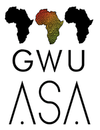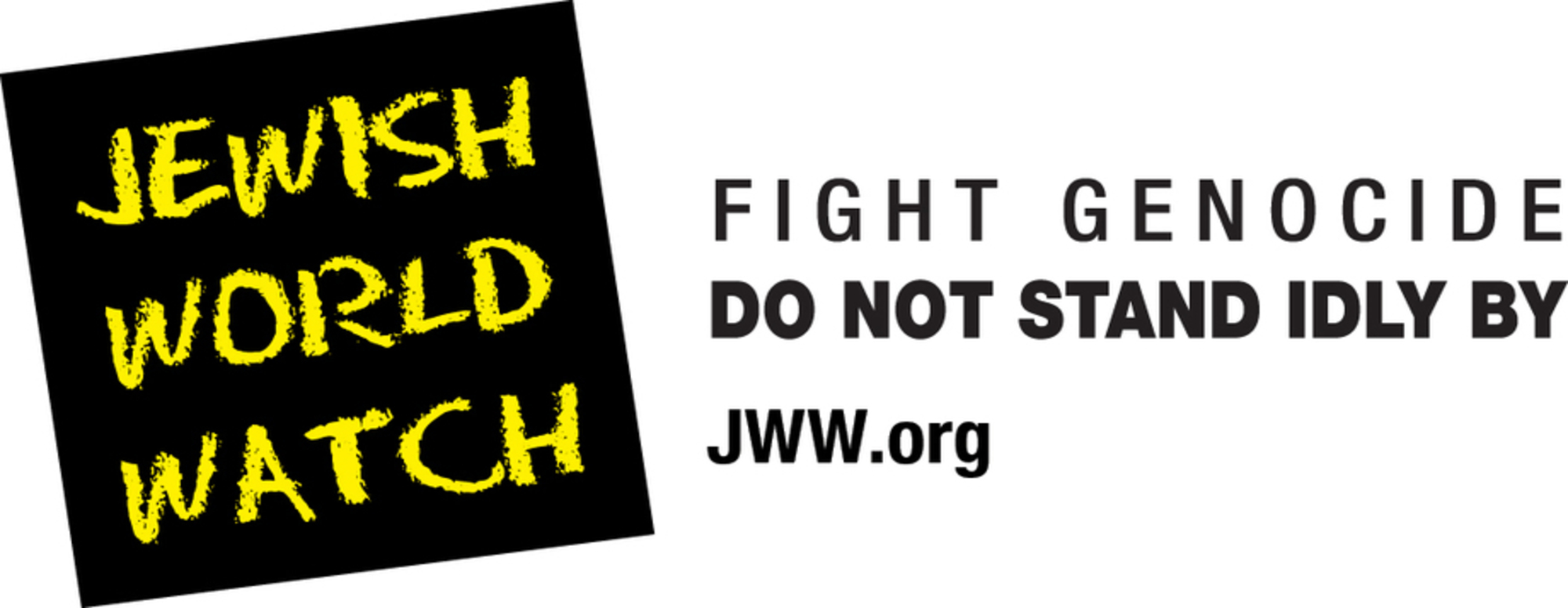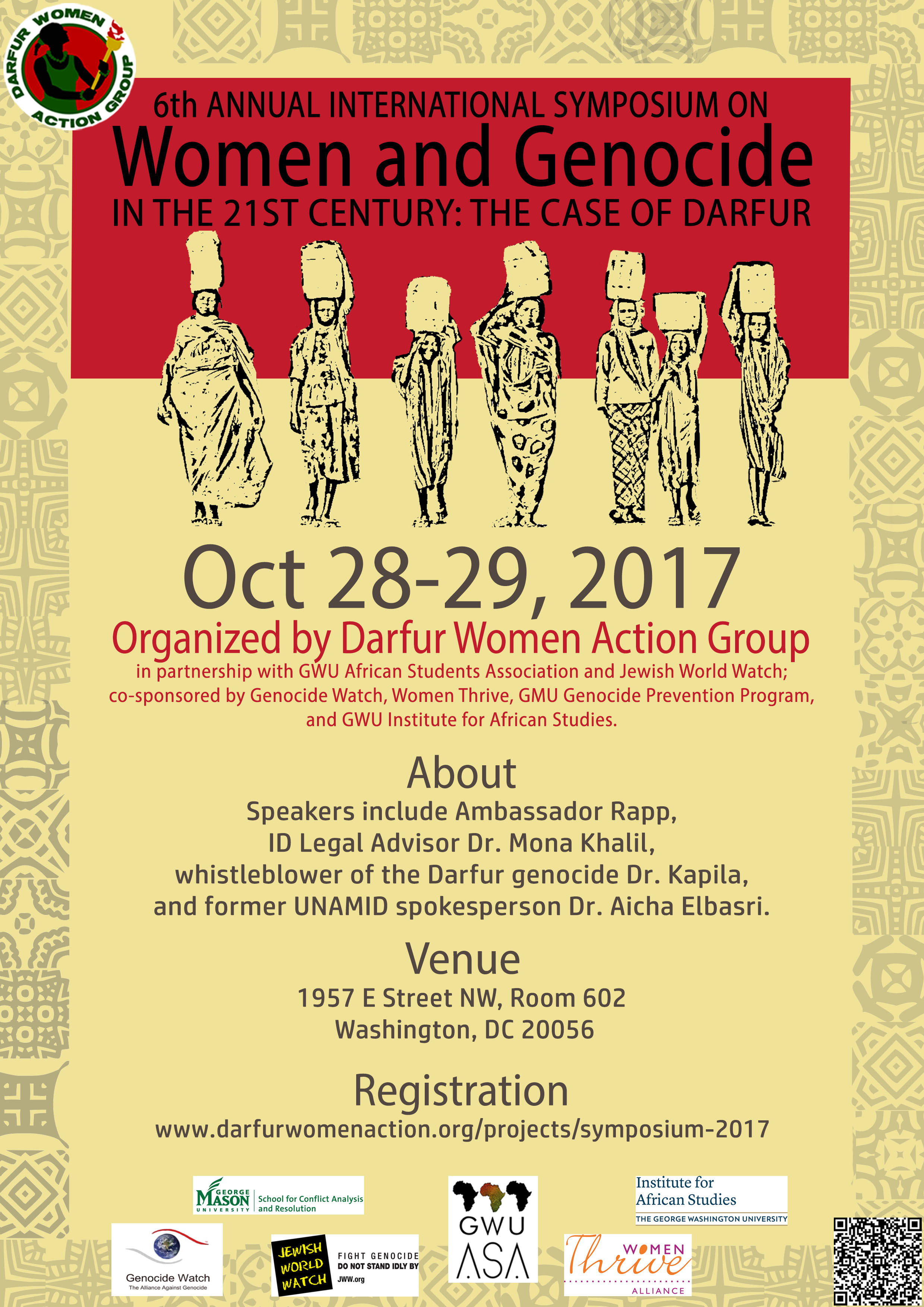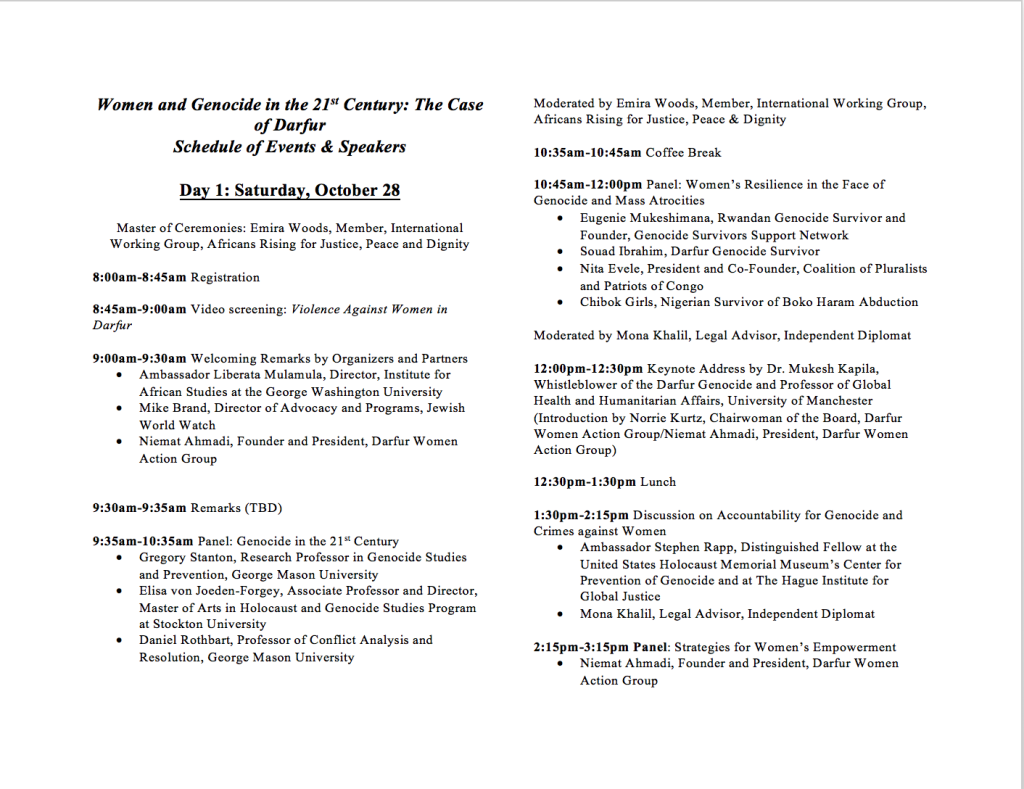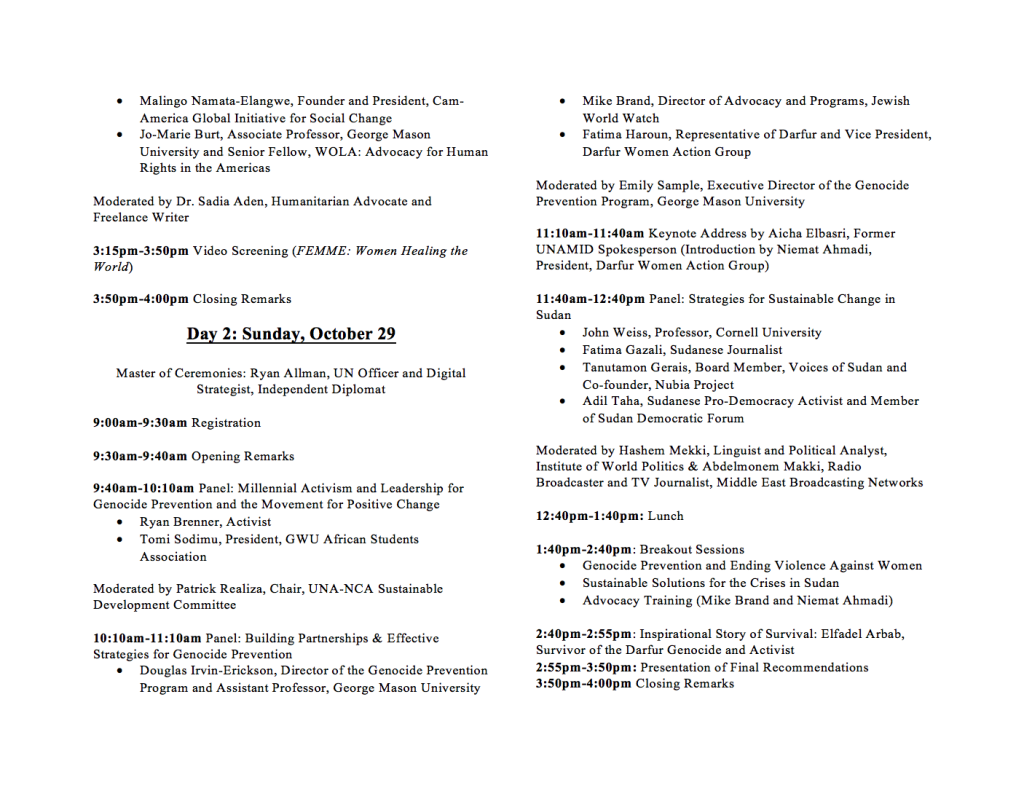SPEAKERS
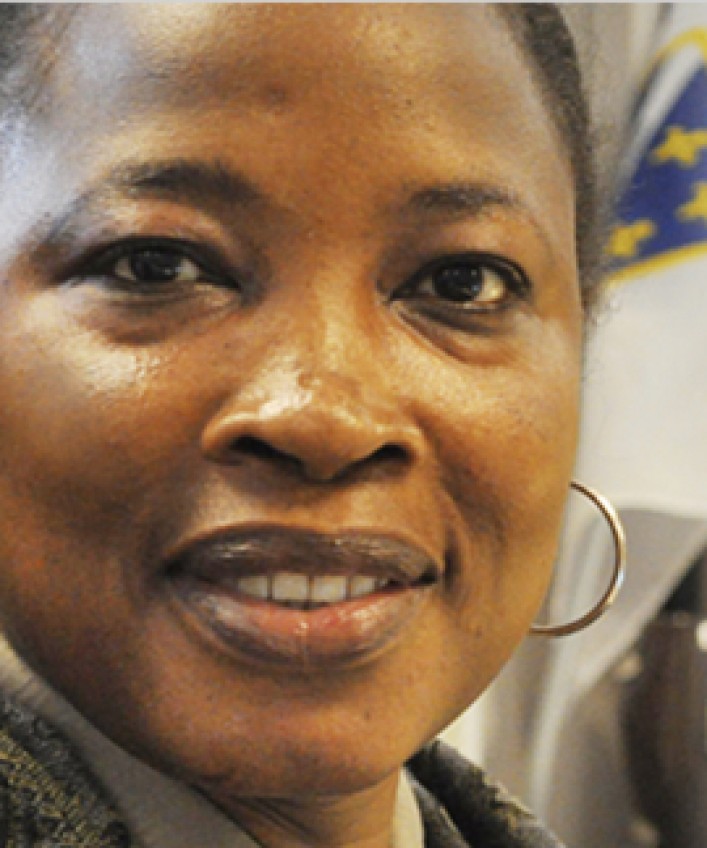
Niemat Ahmadi
Ms. Ahmadi is a native of North Darfur. Niemat Ahmadi serves as Founder and President of Darfur Women Action Group. She previously worked as the Director of Global Partnerships for United to End Genocide, which involves promoting a greater outreach to civil society organizations worldwide, particularly those that represent the communities affected by genocide and mass atrocities from the regions that UEG is working to address.
Ms. Ahmadi previously worked for the Save Darfur Coalition as a member of the coalition’s policy and government relation team for four years, during which she also promoted the collaboration between the coalition and the Sudanese diaspora within the United States and abroad to empower and amplify their voices. She is a founding member of the Darfuri Leaders Network, a coalition of over twenty U.S.-based Darfuri organizations working to promote peace and security in Darfur. She served as an advisor at the seventh round of inter-Sudanese Darfur peace talks in Abuja, Nigeria 2006.
A veteran human rights advocate, Ms. Ahmadi, worked with NGO’s in various fields of emergency and development with a focus on women’s empowerment and capacity-building while in Sudan including Oxfam Great Britain, Intermediate Technology Development Group (the current Practical Action) and the United Nation’s World Food Program. She also served as an executive member of the Darfur Assessment Mission, a consortium of six Sudanese non-governmental organizations in Khartoum – Sudan working on documenting human rights violations in Darfur at the time of the crises. Ms. Ahmadi led the Darfur Diaspora Association of East Africa in Kenya. She also participated in many regional forums, included but not limited to African women conference for peace and security, and Sudanese women forum for peace.
While in college, Niemat established Darfur call for private education that seeks scholarship and to raise funds to support the education of poor Darfurian students. She was also a founding member of the Darfur Student Association at Ahfad University which aims to secure scholarships and helps students from Darfur to tuition waivers. Ms. Ahmadi earned an M.S. in Sustainable Development and a B.A. in Psychology and Pre-school Education, from Ahfad University for Women in Khartoum. She received the Ford Motor Company International Fellowship for leadership course, at Columbia University, NY, and the American University Summer Professional Program on Women, Peace, and Security.
Because of her role in helping the victims and being vocal about massive human rights abuses and the genocide in Darfur, she was forced to leave the country after two attempts on her life. She stayed in Kenya for two years then arrived to the U.S. in March 2007.
In her advocacy work, Niemat testified about the use of rape as weapon of war before UN SC in NY, UN Human rights council UNHRC in Geneva and many other testimonies, and collaborated with the Coalition for the ICC presenting victim’s perspective for Justice in Darfur. She also addressed the UN Security Council, on June 17, 2008, to testify on the escalation of violence against Darfuris in Darfur and Khartoum following May 10th attack. On the 17th of July, 2008 she addressed the UNSC presenting the Darfuri victims perspective for justice in Darfur. She also testified on the use of rape in Darfur as weapon of war before the Senate foreign relations committee on 13th of may 2009.
As a Darfuri expert, she participated with Physicians for Human Rights in developing principles and guidelines for the reparations of Darfurian victims. Besides her work with the Coalition, she is working on mobilizing the Sudanese Diaspora to organize, network and encourage them to create their organizations and provide them with advice and facilitation so that they can be able to contribute to the lasting and peaceful settlement of the Darfur conflict and Sudan’s multiple crises conflict.
She has been recognized by former President George W. Bush as one of the eight global human rights fighters for freedom of their people of the year, along with representatives from other seven countries on July 24th, 2008, in a meeting before his freedom speech.
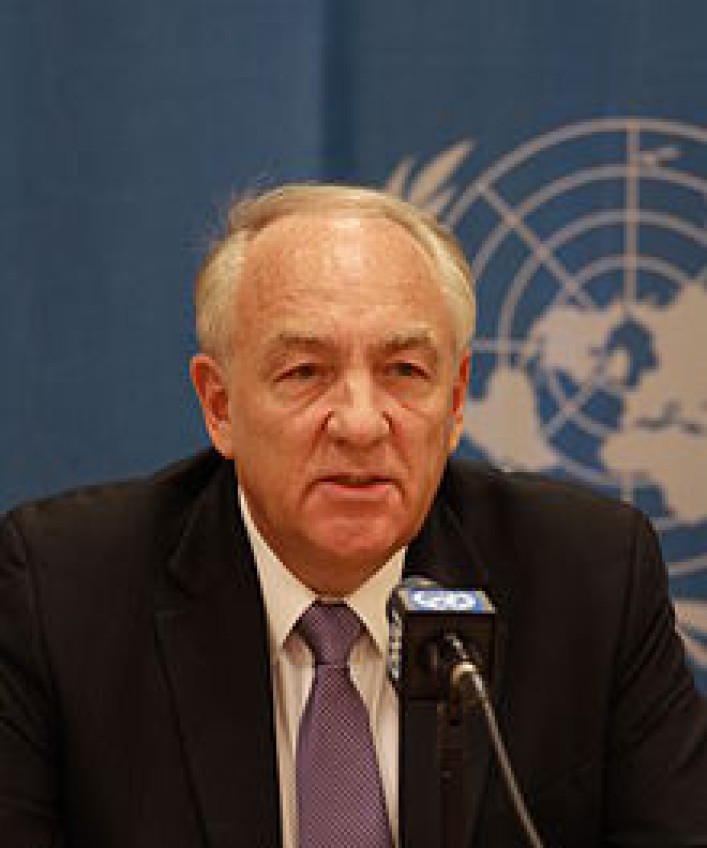
Stephen Rapp
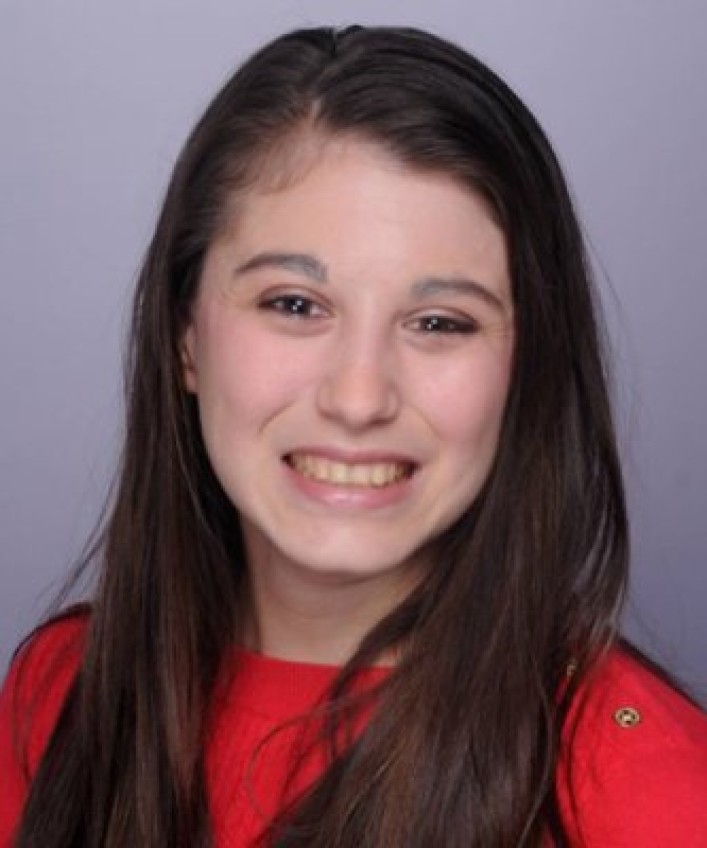
Ryan Brenner
Ryan became interested in the Save Darfur movement in high school after her English teacher gave her the book “Not on Our Watch.” She started a student activism group there and when she went to George Washington University she continued to look for ways to get involved. First Ryan joined GWU’s STAND chapter which was educating itself on the conflicts in Sudan, Burma, and DRC among others. Ryan became a part of STAND leadership at GWU and also took a role on the National Managing Committee for her Senior year. Additionally Ryan became involved with the Banaa scholarship program, a student-run scholarship program which aimed to get commitments from GWU to provide full scholarships to Sudanese and South Sudanese students. Ryan also started interning at Voices for Sudan, a diaspora-based advocacy group. She then interned at the State Department in the Bureau of Democracy, Human Rights, and Labor in the Africa Office. In 2013 she graduated from GWU with a degree in International Affairs and Political Science. After graduating she spent 10 months in Khartoum, Sudan, as a volunteer, teaching English and Communications at Bahri University and Comboni College. In her 5 years volunteering and working for 5 non-profits, she coordinated over 50 events ranging from movie screenings and art workshops, to panel discussions and fundraisers. In 2013 she was honored to receive a Certificate of Appreciation from DWAG for helping to coordinate the first Women and Genocide Symposium. Some of her contributions to human rights and peacebuilding have included lobbying Congress, and the Department of State, participating in a teach-in, organizing rallies, attending protests, moderating a panel of experts, monitoring human rights abuses, writing articles and papers about conflict regions, and fundraising for non-profits focused on humanitarian assistance. Currently, Ryan works as a Business Development Specialist doing proposal coordination, recruitment, and writing for IBI an international development firm that focuses on public financial management, trade, economic growth, and governance projects for the US Agency for International Development.
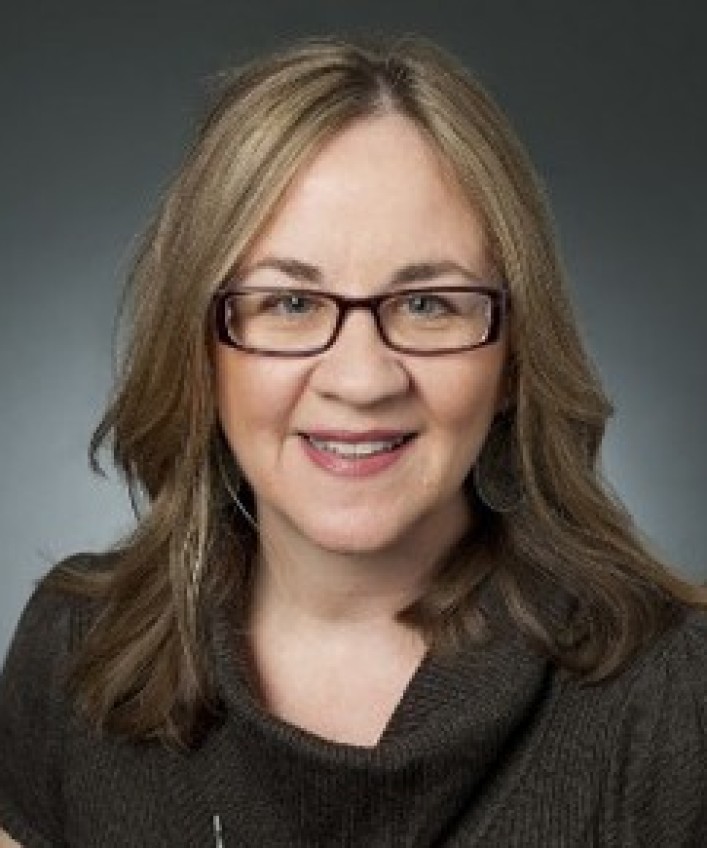
Dr. Jo-Marie Burt
Jo-Marie Burt teaches political science at George Mason University, where she is also director of Latin American Studies and Co-director of the Center for Global Studies. She is also a Senior Fellow at the Washington Office on Latin America, where she conducts research and writes commentaries on human rights and transitional justice issues in the region.
She previously worked as editor at NACLA Report on the Americas. In 2010, Dr. Burt was the “Alberto Flores Galindo” Visiting Professor at the Pontifical Catholic University of Peru.
Dr. Burt has published widely on Latin American politics and society in academic journals, edited volumes, and in journalistic magazines and newspapers. She is author of Silencing Civil Society: Political Violence and the Authoritarian State in Peru (Palgrave Macmillan, 2007), which was published in Spanish in early 2009 (with a second edition in 2011) as Violencia y Autoritarismo en el Perú: Bajo la sombra de Sendero y la dictadura de Fujimori by the Instituto de Estudios Peruanos (IEP) and the Asociación Servicios Rurales (SER). She is co-editor of Politics in the Andes: Identity, Conflict, Reform (University of Pittsburgh Press, 2004).
Professor Burt has commented frequently on Latin American politics for various news media, including BBC World, The Washington Post, Al Jazeera, Democracy Now, Pacifica Radio as well as Peruvian print and electronic media. She has received grants and fellowships from the Open Society Foundation, Fulbright, U.S. Institute of Peace, the Aspen Institute, the John D. and Catherine T. MacArthur Foundation, the Inter-American Foundation, the Latin American Studies Association Otros Saberes Initiative, the Thomas J. Watson Foundation, and was a fellow of the International Human Rights Internship Program of the Institute for International Education and the Ford Foundation. She holds a Ph.D. in political science from Columbia University.
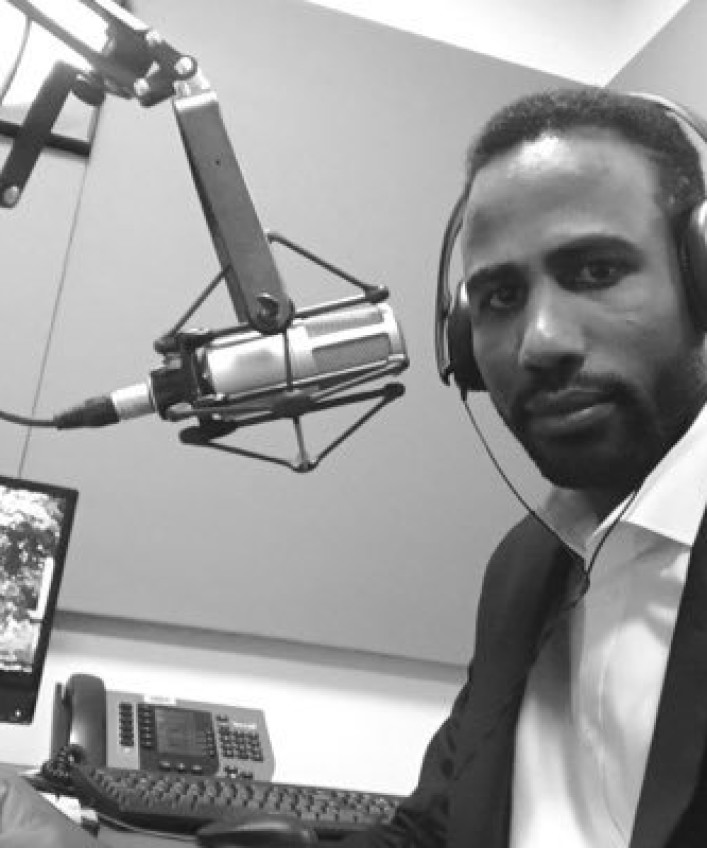
Abdelmonem Makki
Abdelmonem Makki is a native of Sudan, a radio broadcaster and TV journalist at Middle East Broadcasting Networks(MBN). Mr. Makki previously worked as a reporter in Sudan before moving to the U.S. in 2012. He covers the crises in the Darfur region of Sudan. Mr. Makki earned a bachelor degree in animal science from Khartoum University, and he is currently a master candidate at George Mason University, School of communication.
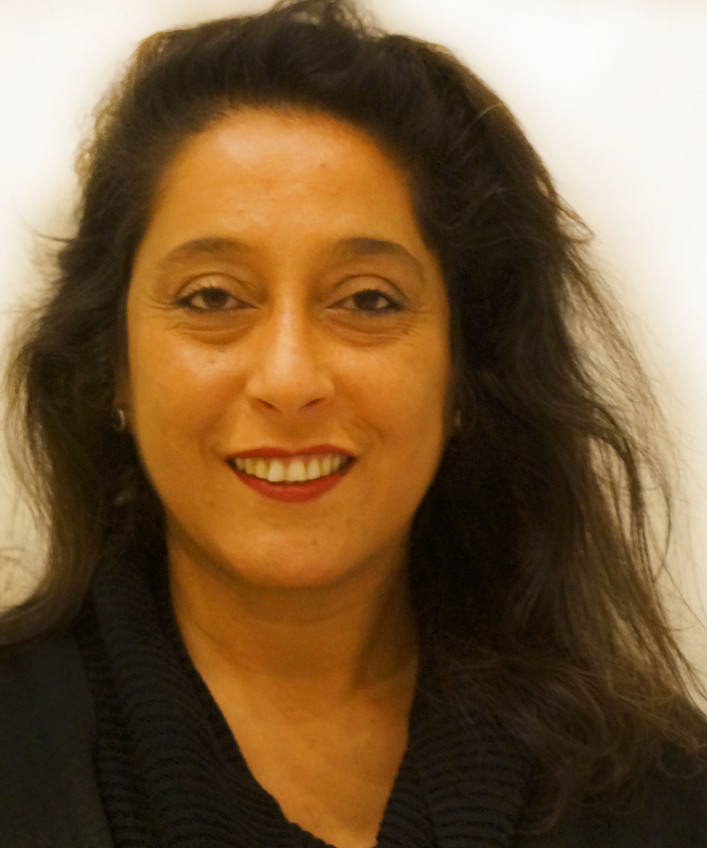
Mona Ali Khalil
Mona Ali Khalil is a respected public international lawyer who believes that justice is essential for sustainable peace and that upholding the dignity of each human being is necessary to preserve our own humanity. Ms. Khalil has over 20 years of combined service in the UN and in the International Atomic Energy Agency, extensive expertise in public international law and unique experience in collective peace and security efforts including peacekeeping, sanctions, disarmament and counter-terrorism.
During her service as a Senior Legal Officer in the UN Office of the Legal Counsel, she undertook several special assignments including serving as Legal Adviser to the Secretary-General’s Special Adviser on post-Saddam Iraq and to the UN Mission in post-Qaddafi Libya. More recently, Ms. Khalil served as Legal Adviser to the UN Mission to Investigate Allegations of the Use of Chemical Weapons in the Syrian Arab Republic and the Joint OPCW-UN Mission for the Elimination of the Syrian Chemical Weapons Programme. In September 2015, she joined Independent Diplomat as a Legal Advisor.
Ms. Khalil has authored published works on combating terrorism as well as on the protection of civilians. She has a B.A. in International Relations and a Master’s in Middle East Studies from Harvard University as well as a Master’s in Foreign Service and a Juris Doctorate from Georgetown University. She is a Fellow at the Harvard Law School Program on International Law and Armed Conflict.
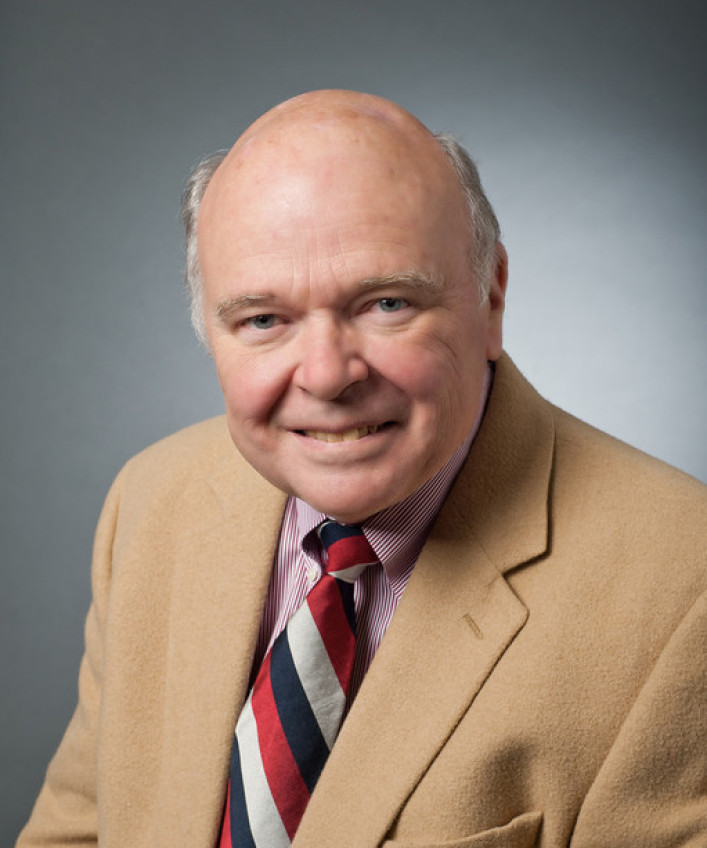
Gregory Stanton
Dr. Gregory Stanton is the Research Professor in Genocide Studies and Prevention at the Institute for Conflict Analysis and Resolution at George Mason University. Dr. Stanton has worked throughout the years to put an end to genocide and hold perpetrators accountable. At the top of Dr. Stanton’s list of achievements is his work at the state department for seven years, where he drafted the United Nations Security Council resolution which created the International Criminal Tribunal for Rwanda, the Burundi Commission of Inquiry and the Central African Arms Flow Commission. Dr. Stanton also contributed significantly in holding the perpetrators of the Cambodian genocide accountable for their actions. In 199 Dr. Stanton founded Genocide Watch which seeks to” predict, prevent, stop and punish genocide.” We are honored to have him at our symposium.
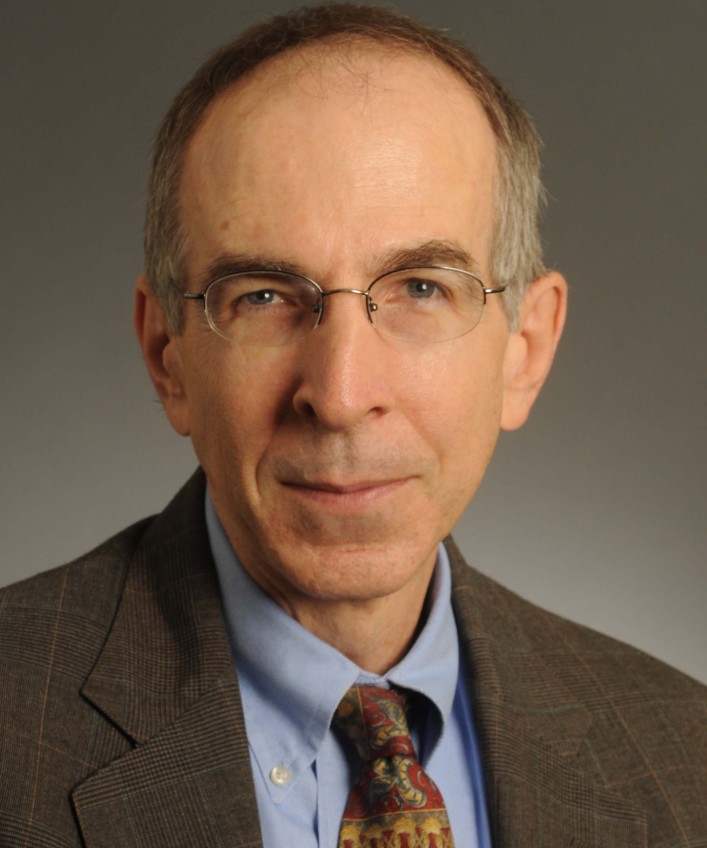
Daniel Rothbart
Dr. Daniel Rothbart is professor of conflict analysis and resolution at the School for Conflict Analysis and Resolution. Professor Rothbart specializes in identity-based conflicts, ethics and conflict, civilians in war, and the Darfur region of Sudan. In addition to serving as director of the program on ethics and conflict at his home institution, he currently chairs the Sudan Task Group, an organization that seeks to build long-term peace in this East African country.
After earning his Ph. D. in philosophy from Washington University, St. Louis, Dr. Rothbart was a visiting research scholar at Linacre College, Oxford, at Dartmouth College, and at University of Cambridge. Dr. Rothbart won the ICAR Faculty Research Award (2007), Office of the Provost Excellence in Teaching Award (2000), and the Fenwick Fellowship Award (2000).
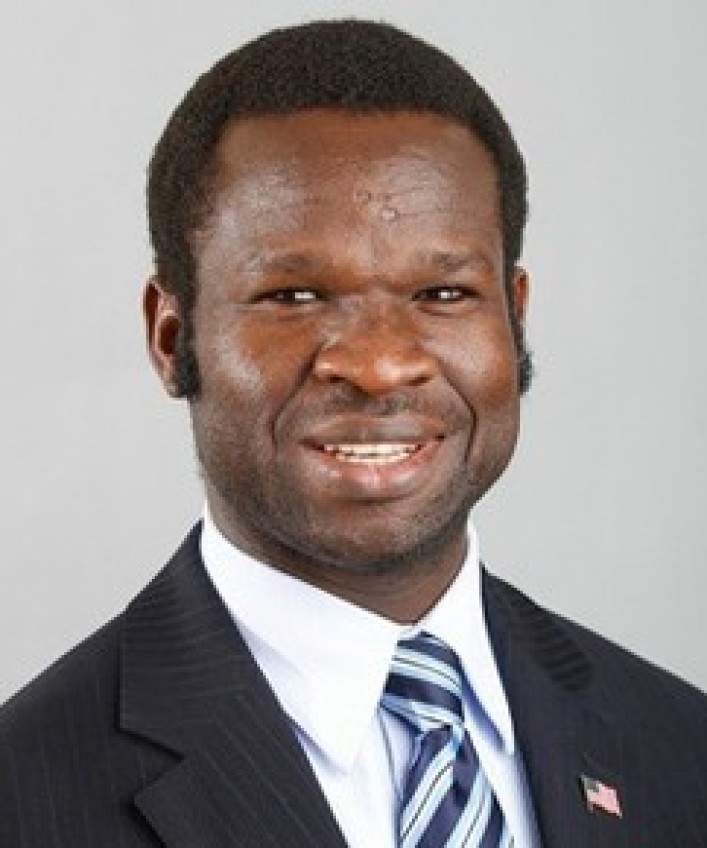
Elfadel Arabab
El-Fadel Arabab is a survivor of the Darfur genocide and has become an activist speaking at many events about Darfur and the importance of bringing President Bashir to justice.
When Mr. Arabab was only 12 years old, the Janjaweed attacked his village. He managed to escape and get to Khartoum where he lived for years as a homeless child on the streets. He then found a relative in the city who managed to get him to Egypt where he stayed until 2004 when he traveled to the US.
Mr. Arabab is the secretary and lecturer of the Fur Cultural Revival Organization which is an organization committed to raising governments awareness of the Darfur genocide and helping serve the Darfur community in the Portland area.
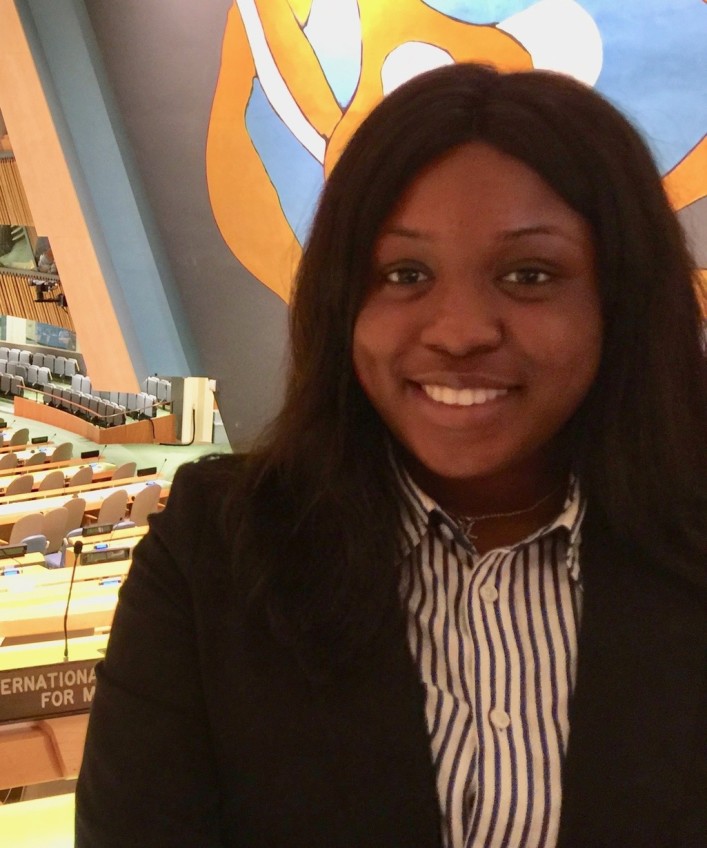
Tomi Sodimu
Simisola Tomi Sodimu was born in Columbia, Maryland but moved to Lagos, Nigeria after the first grade. She lived and schooled in Nigeria for nine years and then proceeded back to the US where she finished her high school education. She enrolled in the George Washington University in 2014 and is studying Psychology and Philosophy with a minor in Mind-Brain Studies. She is a two time President of the African Student Association at GW and a President Emeritus of the GW Crown of Glory Hair and Beauty Organization. She is also the Co-founder and President of an NGO based in Nigeria – the Alicemay Hope Foundation. The mission of the NGO is to provide quality basic education to women and female children in the most impoverished areas of Lagos. In 2016, she launched her own organic skincare company called Simisola Naturals, which sources its main ingredients from West African women at fair living wage in an effort to promote women’s empowerment and economic growth in the region. Tomi is dedicated to scholarship, leadership, service, and mentorship. She has been a part of several programs, and organizations here at GW including but not limited to the Deans List, Women’s Leadership Program, and the National Society of Collegiate Scholars. She is passionate about the continent of Africa, women’s issues, equality, education, and mentorship.
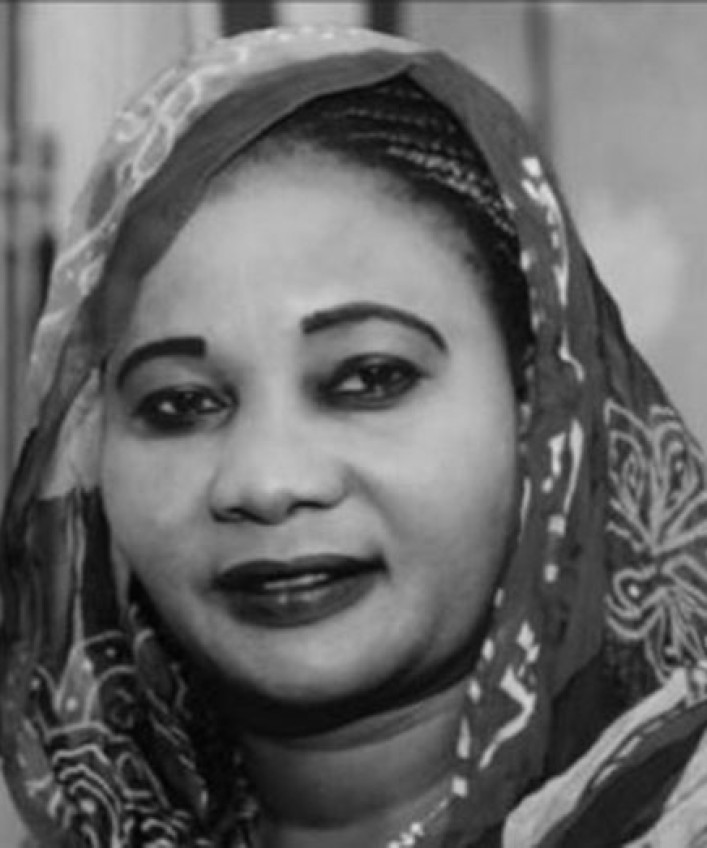
Fatima Ghazali
Fatima Ghazali is a Sudanese journalist. In 2011, Ms.Ghazali was arrested by the Sudanese Government for writing a column for local newspaper Al-Jareeda. Her column revealed that a 24-year-old student/activist from Sudan University had been brutally beaten and repeatedly gang-raped by Sudanese Security Services. Ms. Ghazali demanded an investigation into the incident and demanded accountability for the perpetrators.
Ms. Ghazali was not only questioned about the column but also taken to court and unjustly charged with the crime of “publishing false news.” She was found guilty and sentenced to one month in jail.
Ms. Ghazali has a master’s degree in Peace and Conflict Resolution and another in Gender and Governance from the Ahfad University for Women, in Sudan.
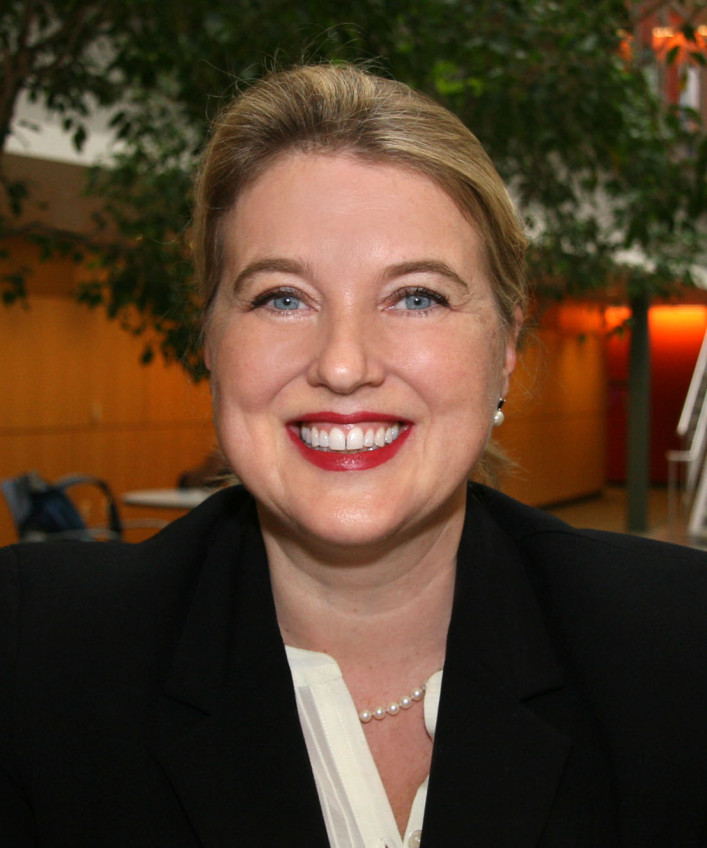
Elisa von Joeden-Forgey
Elisa von Joeden-Forgey is Associate Professor and Director of the Master of Arts in Holocaust and Genocide Studies Program at Stockton University as well as founding director of the Genocide Prevention Certificate Program. Prior to this, she was a Visiting Scholar in the Department of History at the University of Pennsylvania, where she earned her PhD degree in modern German and African history.
She has lectured and published widely in the field of German history, gender and genocide prevention and recently spoke at the first annual United Nations International Day of Commemoration and Dignity of the Victims of the Crime of Genocide and of the Prevention of this Crime.
She is currently completing a book on gender and the prevention of genocide that will be published by the University of Pennsylvania Press and serves as the First Vice President of the International Association of Genocide Scholars.
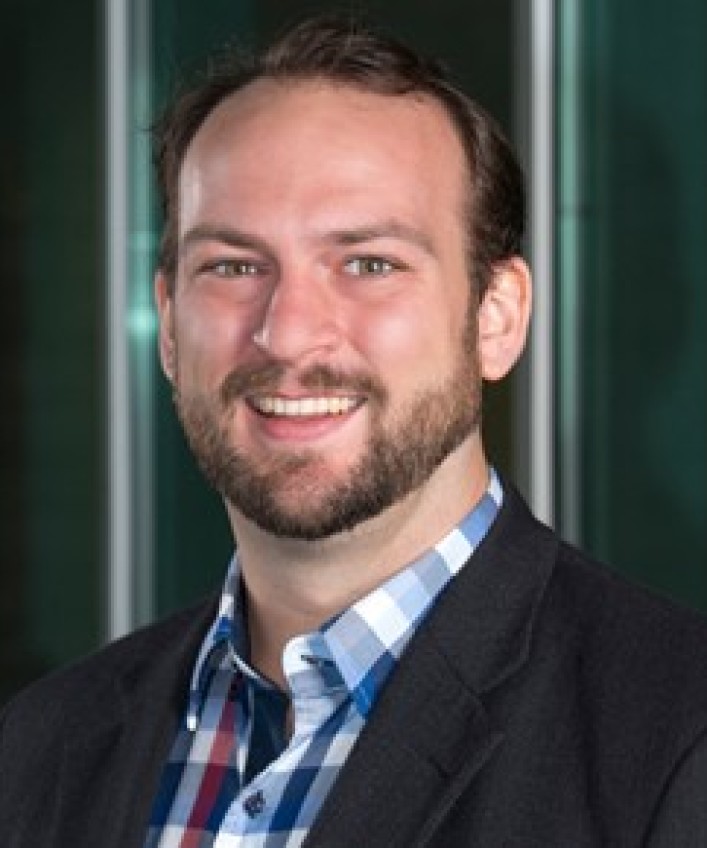
Dr. Douglas Irvin-Erickson
Douglas Irvin-Erickson, Ph.D., is Fellow of Peacemaking Practice and Director of the Genocide Prevention Program at George Mason University’s School for Conflict Analysis and Resolution.
An expert on genocide and international law, he served as the Director of Outreach (2007-2009), co-led genocide prevention projects for the Democratic Republic of Congo (2012-2013), conducted ethnographic research in Cambodia in connection to reconciliation and the Khmer Rouge Genocide Tribunal (2010), and conducted in-country research on political violence and reconciliation in Argentina (2009) at the Rutgers University Center for the Study of Genocide and Human Rights.
Previously, Irvin-Erickson has worked in Phnom Penh in relation to the Khmer Rouge genocide and ongoing issues of justice and reconciliation. He is the author of chapters and articles on genocide and political theory, and the co-editor of Hidden Genocides: Power, Knowledge, and Memory. His current research includes a book on the life and works of Raphael Lemkin, the originator of the word “genocide” who authored the UN Genocide Convention; and an co-edited volume titled, Violence, Religion, Peacemaking: Contributions of Interreligious Dialogue. Irvin-Erickson also serves as Associate Editor of Genocide Studies and Prevention: An International Journal, the official publication of the International Association of Genocide Scholars.
He holds a Ph.D. in Global Affairs from Rutgers, The State University of New Jersey, and an M.A. in English Literature
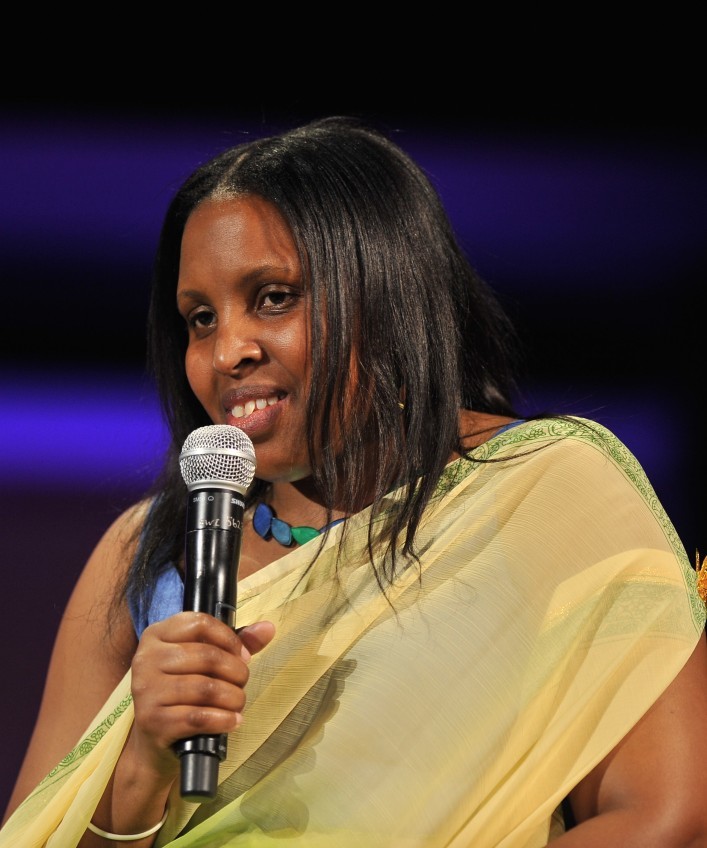
Eugenie Mukeshimana
E
ugenie Mukeshimana was a young adult and 8 months pregnant when the genocide broke in Rwanda in 1994 and give birth to her first child in the middle of the genocide while hiding from extremist Hutu genocidaires.
At the end of the genocide, Ms. Mukeshimana struggled to raise her newborn daughter. As a widow, she found herself in a similar situation as many other mothers who have done the impossible to save their children and now have to rebuild life for their families alone. She found solace in working with communities that have been divided and disintegrated as a result of the genocide. This experience inspired her to pursue a longterm career in human services.
In 2001, Ms. Mukeshimana emigrated to the United States to pursue a degree in Social Work at the College of St. Rose in Albany, NY. She soon noticed that her classmates and teachers had no knowledge about the tragedy she had personally suffered seven years earlier. This shocking reality inspired her to embark on a new mission to educate students, teachers, and other community groups about the crime of genocide. In 2010, she founded the Genocide Survivors Support Network (GSSN), a charitable organization with a mission to help genocide survivors rebuild their lives and educate communities about the crime of genocide.
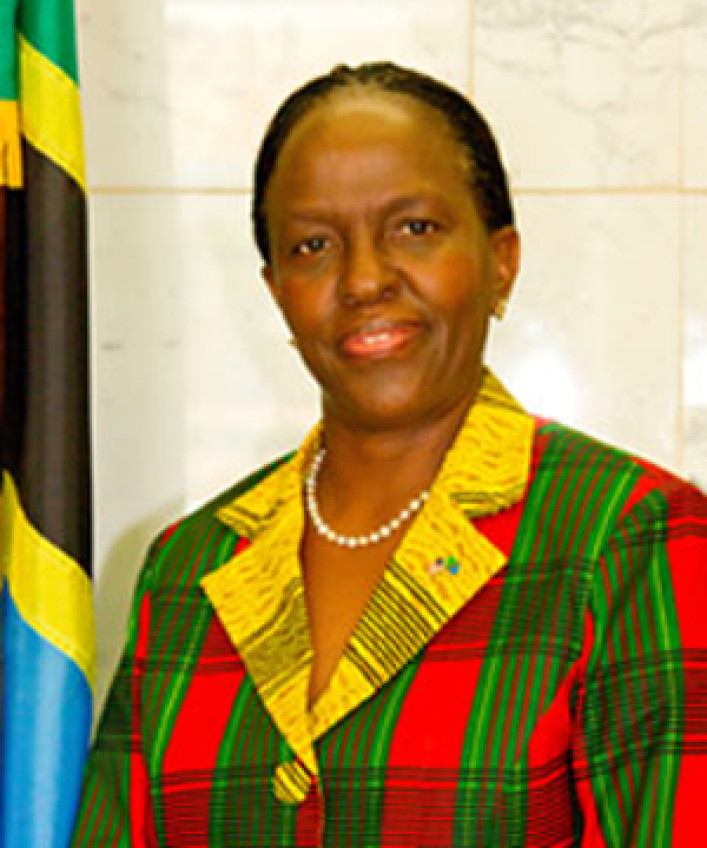
Ambassador Liberata Mulamula
Director of Institute for African Studies at GMU. became the ambassador of Tanzania to the United States in 2013, having prior served as senior personal assistant to the president of Tanzania. She was the first executive of the International Conference of the Great Lakes Region with headquarters in Bujumbura, Burundi, and a part-time lecturer on the “art of negotiations” at the Centre for Foreign Relations in Dar es Salaam, Tanzania. She participated in the Rwandese peace talks and was part of the Facilitators Team in Burundi and the Democratic Republic of Congo. She has a Master’s degree in Government and Politics from St. John’s University in New York, and an undergraduate degree from the University of Dar-es-Salaam.
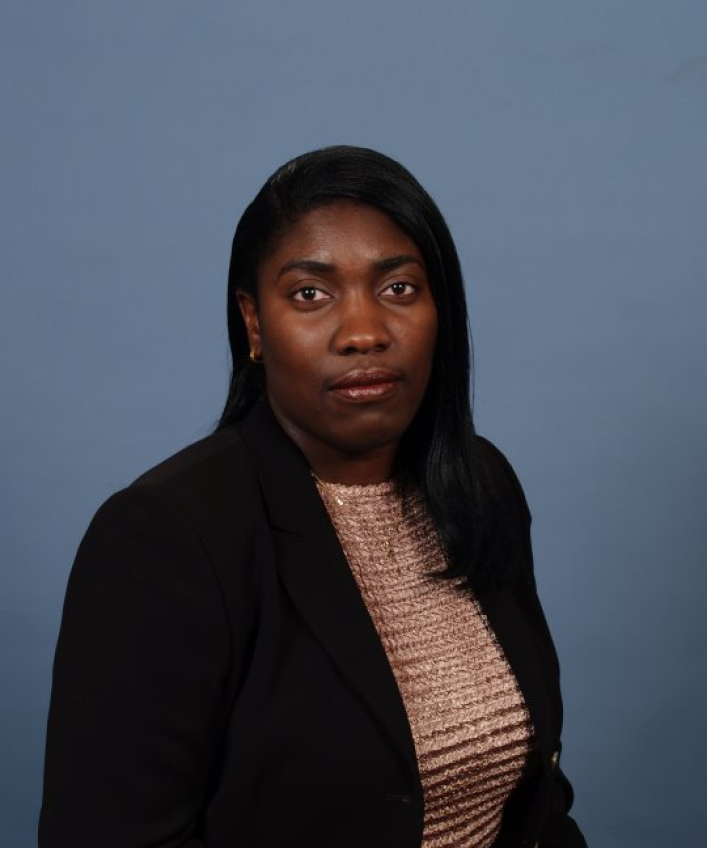
Malingo Namata-Elangwe
Ms. Elangwe-Okie is the founder of Cam-America Global Initiative for Social Change (CAGISC), and a registered nurse/public health professional with over 15 years of diverse experience in nursing and healthcare leadership. Having lived in developing nations in Africa (Cameroon and Nigeria), she is well versed with the plight faced by those who are less privileged. These experiences have galvanized her passion for getting involved in humanitarian efforts that are geared towards improving the quality of life of vulnerable populations. Her previous roles include Executive Nurse Administrator, Community Health Nurse, Adjunct Faculty, Critical Care Head Nurse and Public Health Program Coordinator.
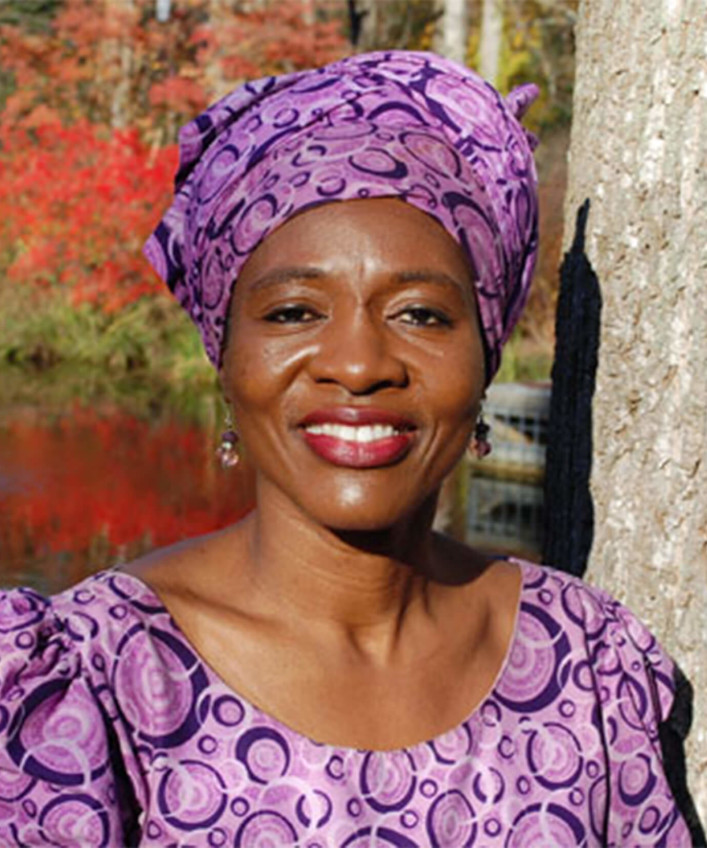
Emira Woods
Emira Woods is the Global Client Principal for Social Impact Programs at Thought Works, a technology firm committed to social and economic justice. She is an expert on US foreign policy toward Africa and the developing world at large.
She is a former co-director of Foreign Policy in Focus at the Institute for Policy Studies (ISP). Prior to joining IPS, she was the program manager for the Committee on Development Policy and Practice at InterAction, serving as a principal staff contact for advocacy at the UN, the international financial institutions, USAID and Treasury. Previous to that, she served as a program officer of Oxfam America’s Africa program.
Ms. Woods regularly appears on CNN’s Your World Today, BBC’s The World Today, Aljazeera and the Voice of America commenting on issues related to U.S. foreign policy and social and political justice. She has also written and continues to write, on issues of debt, trade and development, social justice and financial policy.
Emira earned her undergraduate degree from Columbia University and graduate degree from Harvard.
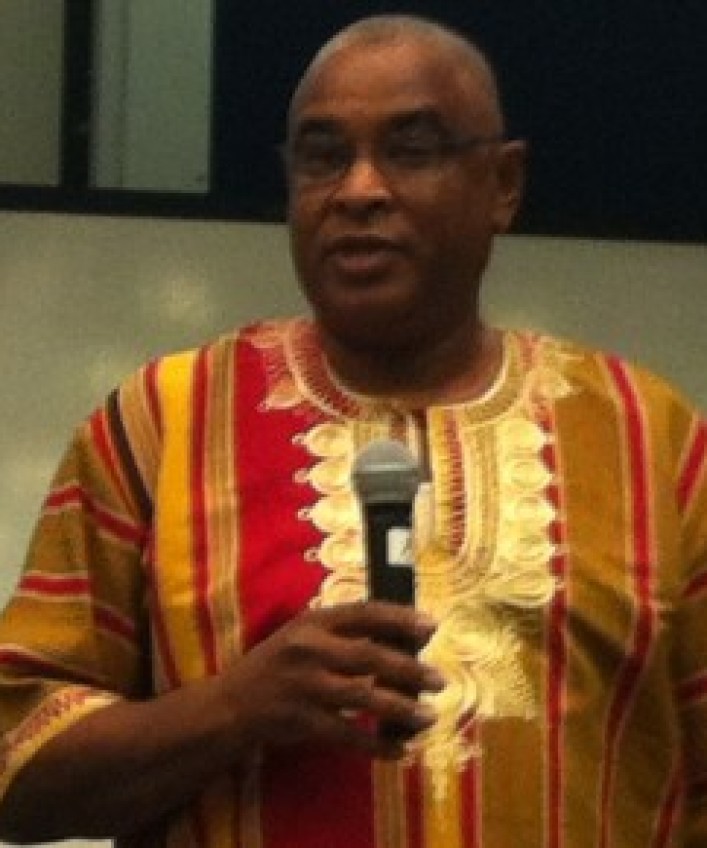
Tanotamon Gerais
Mr. Gerais is a board member of Voices for Sudan, an organization that works to give a voice to the Sudanese diaspora community and help end the political crisis. Mr. Gerais is also the co-founder of Nubia Project, an organization which advocates for the protection of Nubian artifacts and culture against the flooding due to the building of dams by the government of Sudan.
Mr. Gerais is a human rights activist, and strong advocate for the marginalized people of Sudan. He has appeared on a numerous events and rallies advocating for the protection of the Nubian People. As a founding member of the Kushite Nubian Rally, he has given a number of lectures on Kush heritage and its historical significance. His work is also dedicated to preservation of the Nubian culture, language, and land.
Gerais has lectured about Nubian culture and heritage at Johns Hopkins University, Howard University, Virginia Union University, Virginia Common Wealth University and several churches.
As part of Voices for Sudan, Mr. Gerais has participated in many activities related to the marginalized people of Sudan in the south, Darfur, Nuba Mountains, Blue Nile, Beja, and Nubia in the far north of Sudan. He has also participated in and attended many events at the U.S. State Department, U.S. Congress, Hudson Institute, and several community centers.
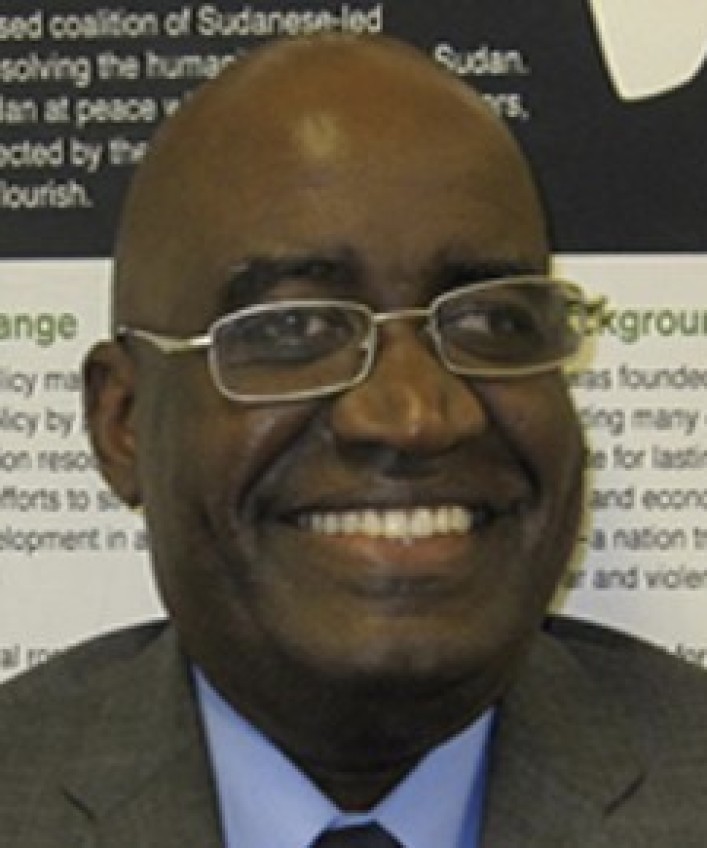
Adil A. Taha
Adil is a pro-democracy activist, working to bring about democracy Sudan since 1980. He is a co-founder of the Sudan Democratic Forum, a Washington D.C.-based organization promoting democracy, peace and justice in Sudan.
Adil, was a university student movement leader that peacefully led the Sudanese people uprising that succeeded in removing late General Gaffar Nimairi’s dictatorship regime in 1985.
Adil is currently an executive committee member serving as External relation secretary of the Independent Movement Abroad, Stockholm, Sweden, an NGO working to extend support for the Sudanese people in the field of education, health, and human rights.
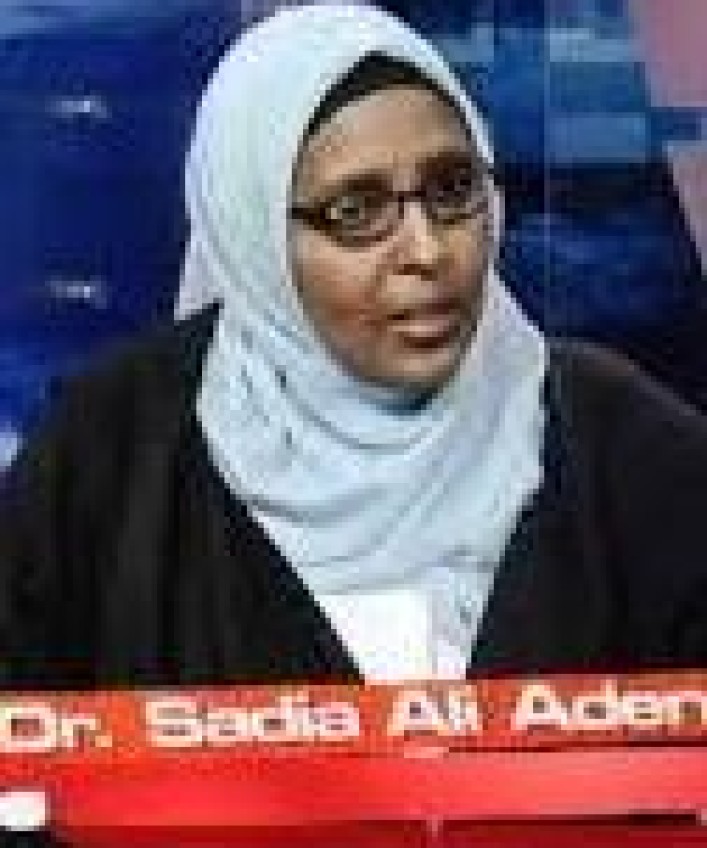
Sadia Aden
Medical professional, humanitarian advocate, and freelance writer. Many of Ms. Aden’s articles on Somalia, Islam, and other topics have been published by media groups around the world; namely Huffington Post, Middle East On-Line, Islam Online, Global Politician, Aljazeera Magazine, Foreign Policy Forum, Media Monitor Network, and Scoop. Ms. Aden has also been on NPR, BBC, VOA, and Aljazeera discussing Somali/Muslim issues. Ms. Aden has recently returned from Somalia where she spent nearly four years working on a USAID-funded development program.
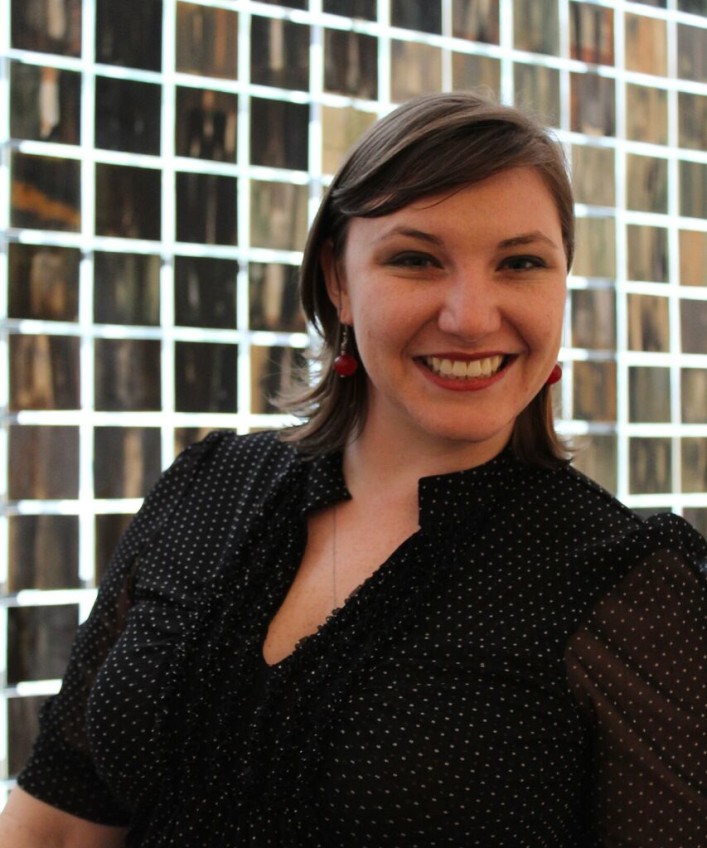
Emily Sample
Emily Sample is the Executive Director of the Genocide Prevention Program at the George Mason University School of Conflict Analysis and Resolution, and is in the process of earning her PhD. Previously, she has worked as Associate Director of Education at Holocaust Museum Houston and for the International Conference on the Great Lakes Region Ugandan National Committee on the Prevention and Punishment of Genocide and Mass Atrocities, as well as the U.S. Holocaust Memorial Museum. She earned her B.A. from The College of William and Mary and her M.A. in Human Rights and Genocide Studies from Kingston University London.
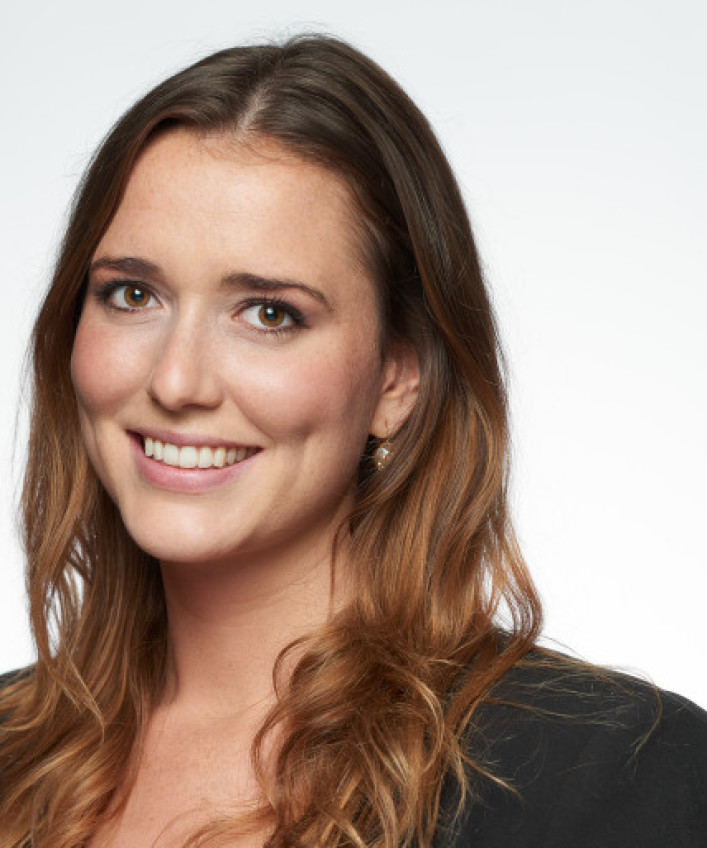
Ryan Allman
Ryan Allman is a UN Officer and Digital Strategist at Independent Diplomat, where her work focuses on Western Sahara, development of prospective projects, and media analytics and strategy. Previously Ryan was ID’s Special Assistant to the Executive Director & Digital and Media Specialist. Ryan joined ID after completing a Fulbright Fellowship in Bogota, Colombia, where she taught at the Universidad Nacional and conducted research for the Women and Children’s Rights department of Mercy Corps Colombia analyzing the Colombian Government’s disarmament, demobilization, and reintegration program for former child soldiers. She has previously worked at Mercy Corps, the United Nations World Tourism Organization (UNWTO), the Pacific Council on International Policy, and the United Nations Foundation. Ryan holds a B.A. from Occidental College in Diplomacy and World Affairs and Spanish Literary Studies.
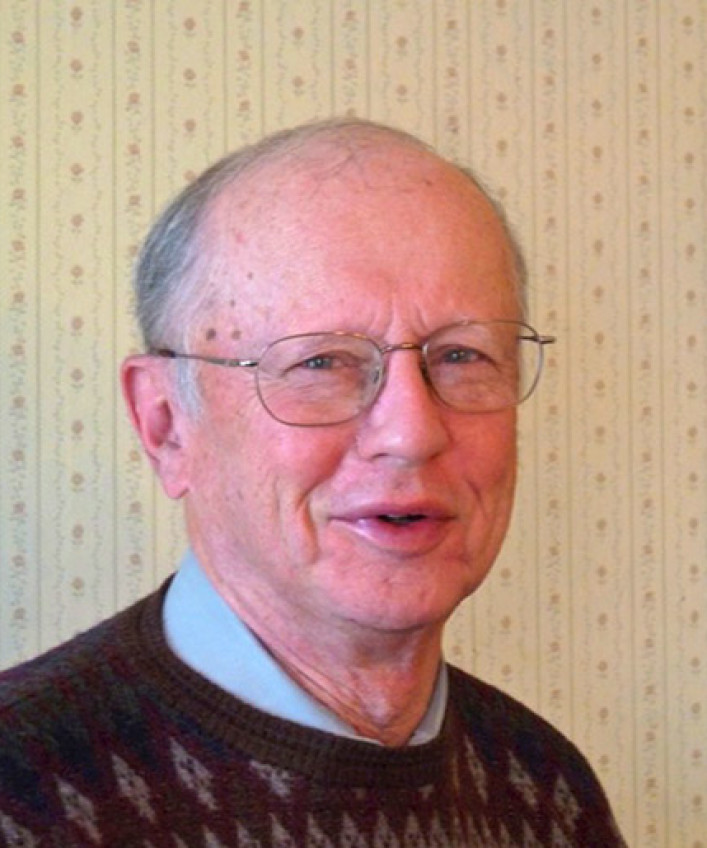
John Weiss
John Weiss is a Professor at Cornell University teaching the political history of 20th Century Europe. Weiss focuses, particularly on the WWII and Cold War. Influenced by the recounts of Nazi Germany his father told him. Weiss began to study history as a way of understanding how we exercise moral philosophy. Despite being a professor, Weiss has worked as a seasoned human right’s activist. In 1992, Weiss traveled to Bosnia to bring aid to the citizens impacted by genocide. Weiss also worked on mobilizing support for Darfur. He also worked with refugees and extended his work to help victims in the Nuba Mountains. Weiss earned his BA from Princeton University in 1963 and went on to earn his Ph. D from Harvard University in 1977.
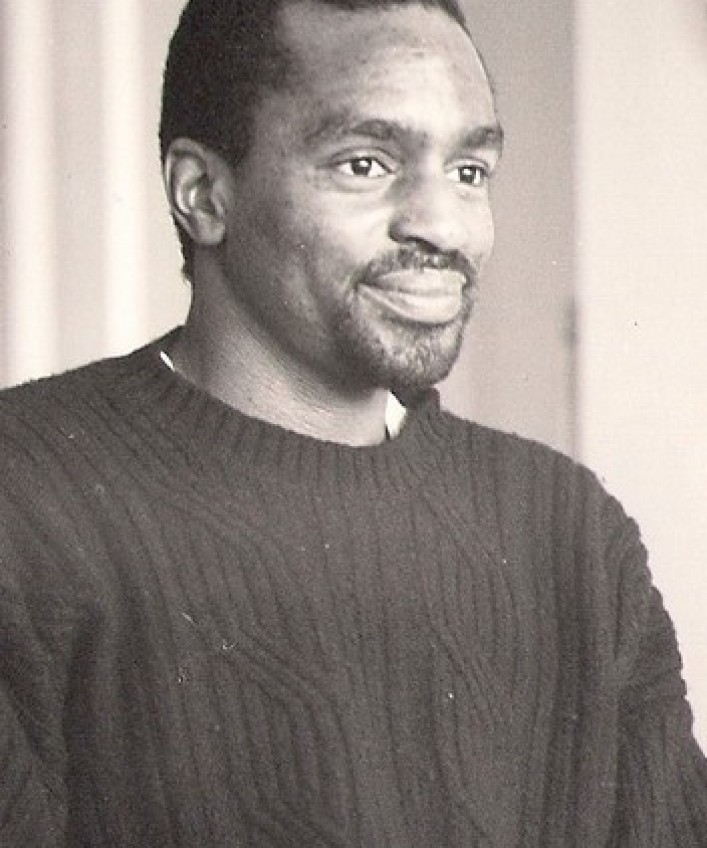
Adotei Akwei
Managing Director of Government Relations for Amnesty International USA. Before rejoining AIUSA, Mr. Akwei was the Deputy Director of Government Relations for CARE USA. Before joining CARE, he worked with Amnesty International USA for 11 years, as the senior Advocacy Director for Africa and as a Director of Campaigns. Mr. Akwei also served as the Africa Director for the Lawyers Committee for Human Rights, now Human Rights First, and as the Research and Human Rights Director for the American Committee on Africa and the Africa Fund. Mr. Akwei received a Master’s in International Relations from the College of William and Mary and a Bachelors from the State University of New York College at Purchase.
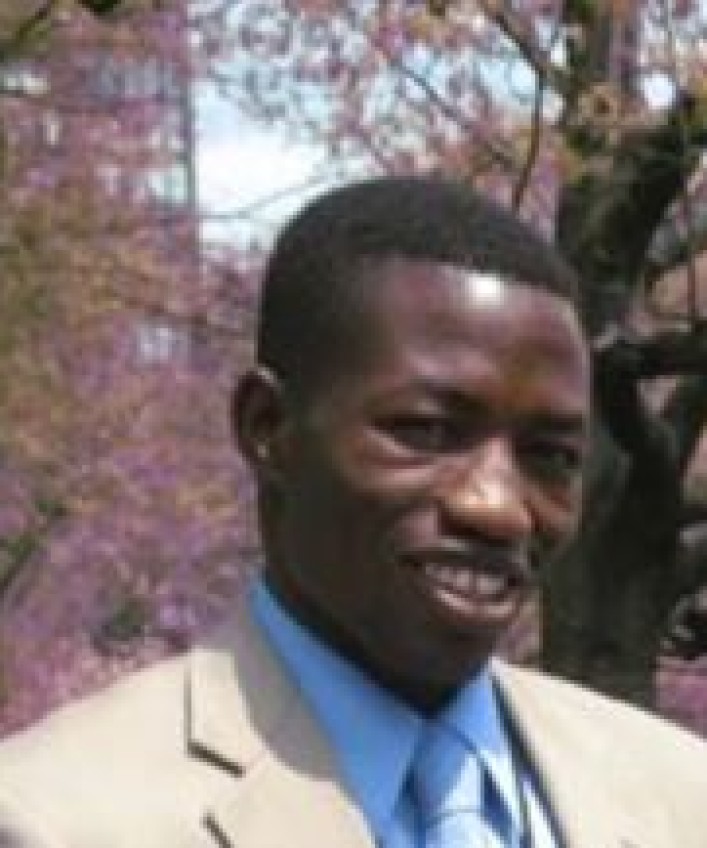
Hashem Mekki
Hashem Mekki is an Arabic language instructor at The Institute of World Politics. Currently, he also teaches Arabic to professionals at the US Department of Energy’s National Nuclear Security Administration (NNSA). Prior to moving to the United States in 2005, Professor Mekki lived in Egypt for five years, where he worked as an Arabic-English translator and interpreter. Professor Mekki was born and raised in Sudan. He graduated from the City College of New York in May 2010 with a double major in Political Science and International Studies.
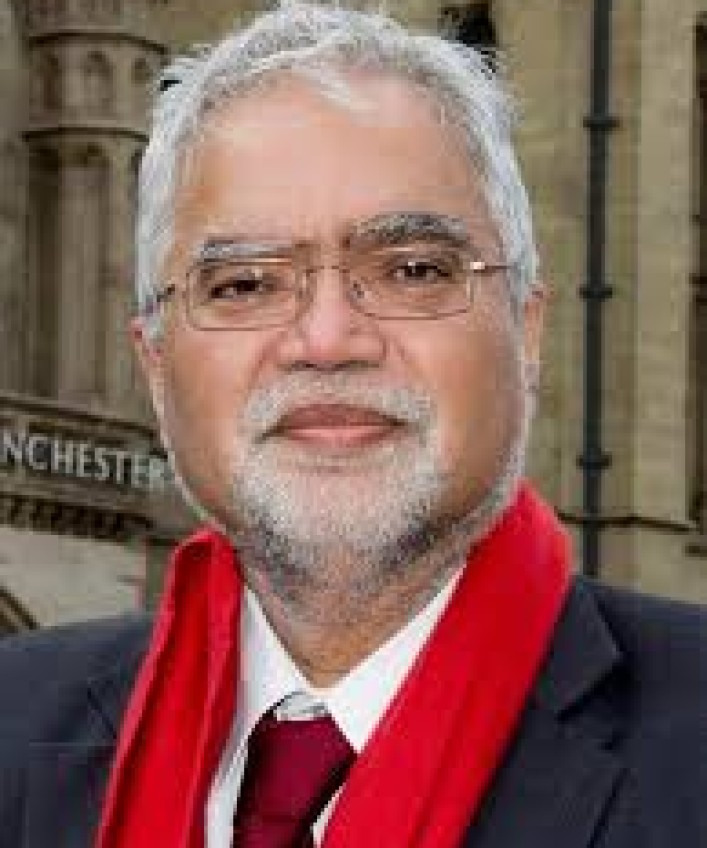
Mukesh Kapila
Dr. Kapila is Professor of Global Health and Humanitarian Affairs at the University of Manchester. He has done extensive work in crisis and conflict management, recovery, and development and is a Special Representative for the Aegis Trust. Dr. Kapila has also authored Against A Tide of Evil.
Dr. Kapila is the whistle-blower who helped to bring attention to Darfur Genocide in 2004. He has also authored various books about his experience in the Darfur. Dr. Kapila has also created the organization People4Sudan which seeks to mobilize the Sudanese diaspora and other international capacities to assist communities in Darfur, Nuba Mountains, Blue Nile and elsewhere within Sudan.
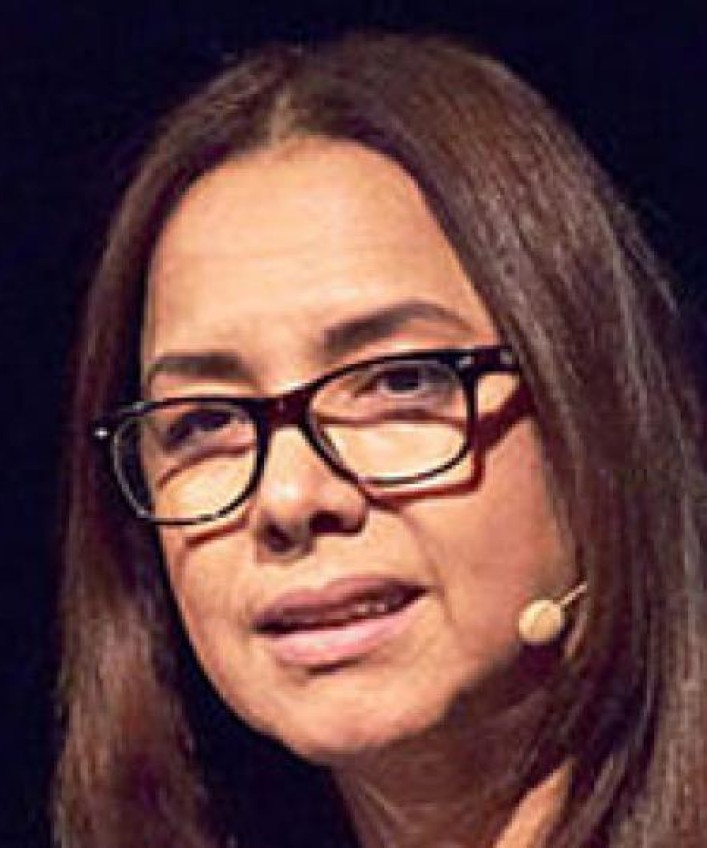
Aicha Elbasri
Aicha Elbasri is a former UN diplomat and the winner of the 2016 Ridenhour Prize for Truth-Telling. In April 2013 she resigned her post as Spokesperson for UNAMID and requested a UN investigation before revealing the UN cover-up of the atrocities taking place in Darfur.
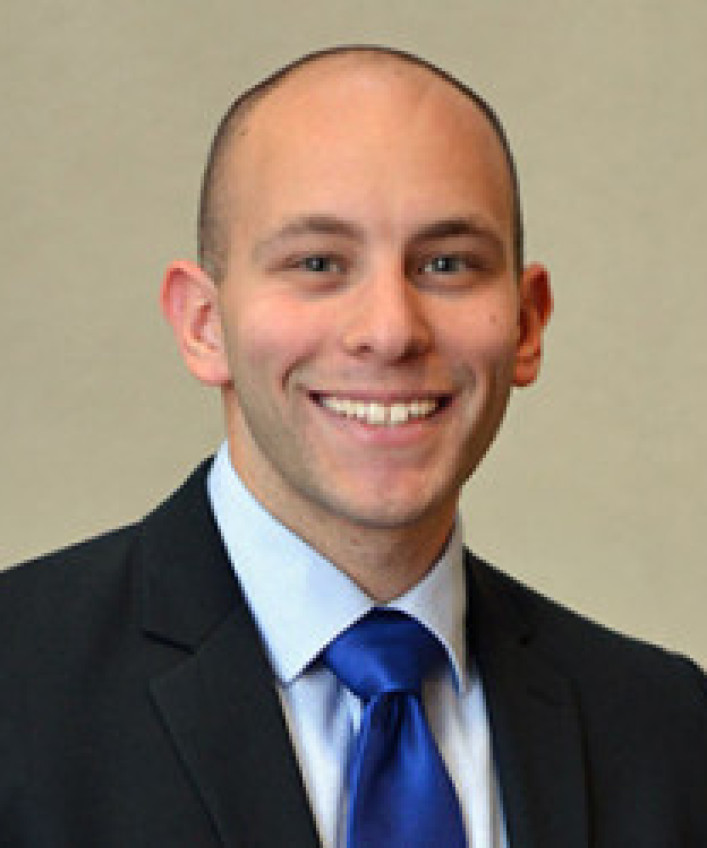
Mike Brand
Mike Brand is the Director of Policy and Programs at Jewish World Watch, an organization dedicated to preventing and ending genocide. Mr. Brand holds Master’s in International Peace and Conflict Resolution from American University and BA’s in History and Political Science from the University of Connecticut. He has also authored “Preventing Mass Atrocities; A Three-Pronged Approach to Comprehensive Presentation”. Mr. Brand has worked for various NGO’s during his career in the US, Rwanda and South Sudan and will surely bring a unique view-point to our symposium.
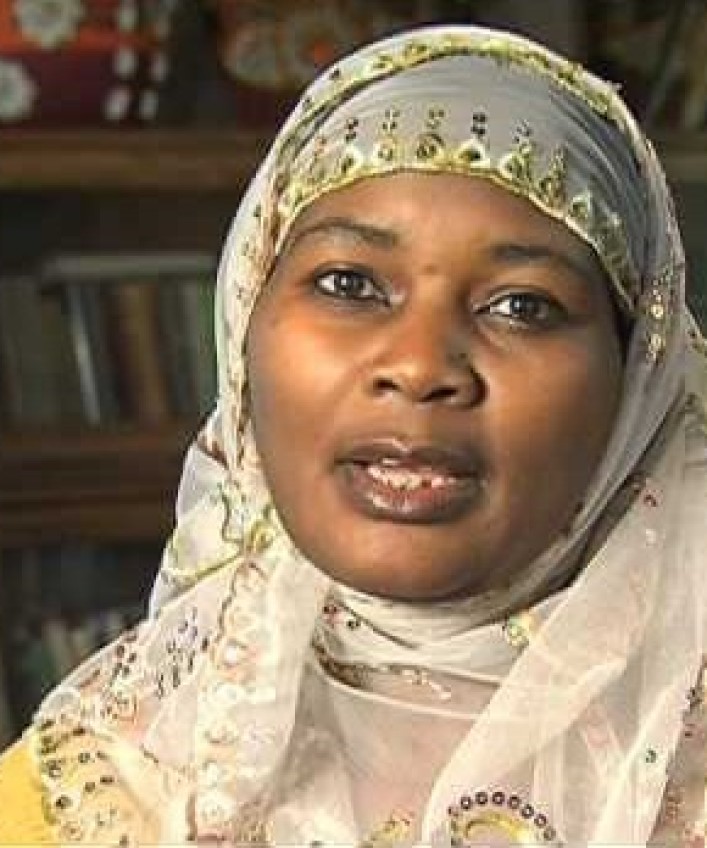
Fatima Haroun
Fatima M. Haroun is one of the leading advocates on behalf of the people of Darfur. She is a native of Jebel Marra, a beautiful area of Western Darfur that has been destroyed by the Janjaweed militias in recent years. A graduate of Khartoum University, she has an extensive background in rural development in her homeland.
Prior to the current genocide she helped establish women’s training centers that taught rural women handicrafts and marketing skills as well as providing health and literacy education. Mrs Haroun has served as the president for the NY based Darfur Rehabilitation project and as the Vice President of the Darfur Alert Coaltion Based in Philadelphia, PA.
Ms. Haroun is a social worker for the city’s department of human Services in Philadelphia. As part of her Darfur advocacy she has testified at U.S. congressional hearings, been a featured speaker at numerous demonstrations and rallies and has given many TV and newspaper interviews.
Fatima continues to be one of the strong anti genocide voices for Justice and peace for the Darfur People and for a permenant settlement for the long standing crises in Sudan. Mrs. Haroun has a BA of Art from Khartoum University and currently she is working on her MSC in social work
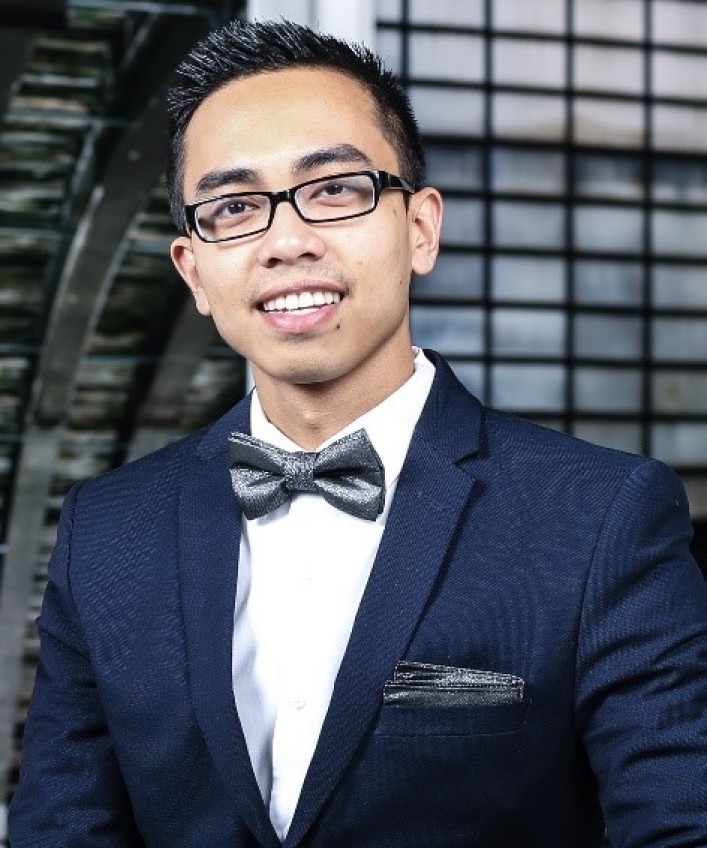
Patrick Realiza
Mr. Patrick Realiza is a seasoned strategic communications and public relations professional based in Washington, DC. His portfolio of accomplishments include work in a number of key industries including the international diplomatic community, the Government of District of Columbia and the non-profit world.
Mr. Realiza is the current Chair of the Sustainable Development Committee for the United Nations Association of the National Capital Area (UNA-NCA), where he actively leads in developing and creating programs that assist and support strong US-UN partnership through increased public knowledge, advocacy and community engagement.
Outside of his work with UNA-NCA, Mr. Realiza also serves as the Social Media Manager for the DC Commission on the Arts and Humanities (CAH), an agency under the Office of the Deputy Mayor for Planning and Economic Development (DMPED). In this role, he manages and monitors CAH’s official digital communications platforms.
Mr. Realiza is a former White House press intern, previously working alongside U.S. Trade Representative Ambassador Ron Kirk to help develop, recommend and promote U.S. trade policy under the Obama Administration. He has also held multiple posts at various federal agencies including the U.S. Department of Treasury and the Federal Deposit Insurance Corporation (FDIC).
Mr. Realiza holds a Bachelor of Arts in Political Science from The George Washington University, where he formerly served as marketing chair for the alumni association. Born in the Philippines and raised in California, he has traveled throughout the United States and abroad. His foreign language skills include Tagalog, Cebuano, Spanish, Italian and French.
More speakers to be announced.
